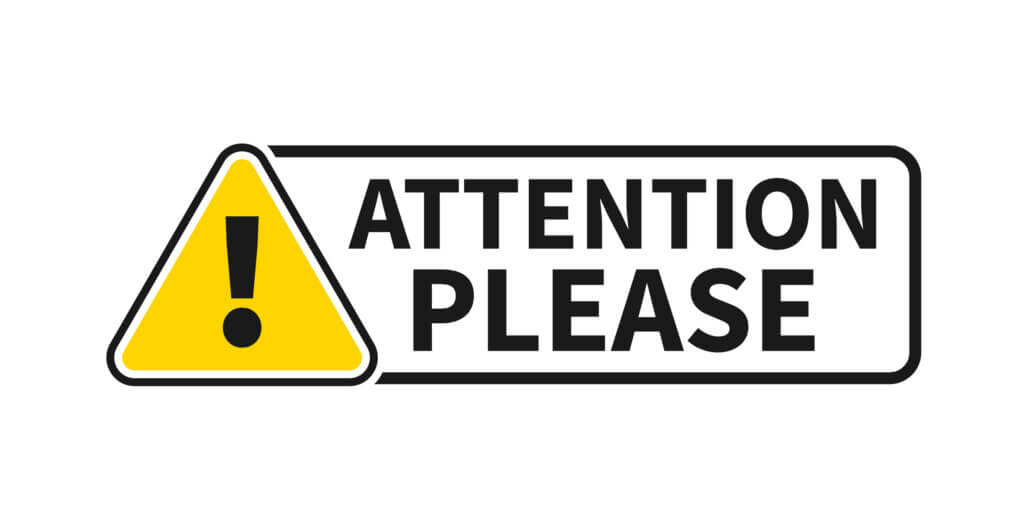 In January 2023, Find8 published a blog on the importance of ADA compliance for business websites. At that time, we recommended that every client implement an ADA Compliance widget to avoid possible ramifications.
In January 2023, Find8 published a blog on the importance of ADA compliance for business websites. At that time, we recommended that every client implement an ADA Compliance widget to avoid possible ramifications.
Since then, a client who chose not to take our recommendation was the target of a lawsuit.
And so, we’re urging our valued clients, again, to contact us about your website’s compliance. Our fee of $150 to initially install the plug-in, then another $150 yearly for maintenance, is nothing compared to the thousands you could be required to pay in a settlement or lawsuit.
We’re committed to educating, empowering, and protecting you. Read on to learn more about the recent and stark rise in ADA compliance lawsuits against businesses like yours.
Why Should Businesses Protect Themselves?
Albert Dytch, a man living with muscular dystrophy, has filed over 180 ADA lawsuits in California alone, according to a 2021 New York Times article.
The article supports a popular but controversial theory that “serial filers” are a very real threat to businesses, even going as far as claiming that these disabled people “make a living” this way.
At Find8, we believe every human has the right to access businesses regardless of ability level.
We also believe in empowering businesses to protect themselves.
And although the lawsuits filed by Dytch were about the lack of physical access at restaurants, banks, and stores, we’re now seeing an enormous rise in the number of cases filed regarding website compliance.
According to a May 24, 2023 article in The Indiana Lawyer, 3,255 website accessibility lawsuits were filed in 2022. There were only 814 in 2017. It’s leaving lawyers scrambling to maintain the caseloads.
What’s Causing the Rise in Lawsuits?
What potentially started this drastic rise in numbers was the pandemic. Many companies were forced to close their doors and turned to the Internet as their only avenue for doing business.
It’s clear why this could’ve opened the public’s eyes to the importance of online ADA compliance.
Then again, the issue could’ve stemmed from the lawsuits filed against Harvard and MIT in 2015, in which the National Association for the Deaf alleged that these top schools violated the ADA and Section 504 of the Rehabilitation Act.
The Department of Justice issued a serious statement regarding these cases.
“The ADA applies to websites of public accommodations, and … the ADA regulations should be interpreted to keep pace with developing technologies.”
What is Website Accessibility?
 Website accessibility refers to designing and constructing websites to ensure individuals with disabilities can perceive, navigate, and interact with the content effectively.
Website accessibility refers to designing and constructing websites to ensure individuals with disabilities can perceive, navigate, and interact with the content effectively.
This type of compliance aims to remove barriers preventing individuals with disabilities from fully engaging with online content. This involves considering factors such as the following.
Visual Accessibility: Ensuring content is perceivable for people with visual impairments using alternatives for images, adequate color contrast, and resizable text.
Auditory Accessibility: Providing alternatives to audio content, such as captions or transcripts, for those who are deaf or hard of hearing.
Motor Accessibility: Designing websites with navigational elements (and other interactive components) that can be easily operated using a keyboard, as some people have mobility impairments that prevent them from using a mouse.
Cognitive Accessibility: Simplifying the language and organization of content, providing clear instructions, and minimizing distractions to make it easier for individuals with cognitive disabilities to understand and navigate the site.
Assistive Technology Compatibility: Ensuring that websites are compatible with assistive technologies, like screen readers, screen magnifiers, and speech recognition software.
Specifications, such as the Web Content Accessibility Guidelines (WCAG) developed by the World Wide Web Consortium (W3C), provide internationally recognized standards and recommendations for creating accessible websites.
These guidelines cover various accessibility principles, techniques, and best practices to improve the user experience for those with disabilities.
How Can Businesses Protect Themselves?
Regardless of where the spike in cases began, it’s here and doesn’t seem to be slowing. All businesses in all industries (except for religious organizations and private clubs, which have historically been exempt from such laws) face the threat of financial loss if they remain noncompliant.
Ensure Your Website’s Accessibility Today—Not Tomorrow
Unfortunately, explaining to a judge that you had plans to implement accessibility next month won’t hold up in court.
One large lawsuit can devastate a small business and wipe away everything you’ve worked for. Take action now—for yourself and your users.
Call the Experts
Contact expert web developers who can ensure your web compliance meets standards and is always in working condition. Denying accessibility to one user is all it takes to become the subject of an expensive legal battle.
Gain ADA Compliance Now
The Find8 team is ready to implement a dynamic compliance strategy for your website.
Call us at (765) 588-6067 or visit our website.
[ninja_form id=8]


